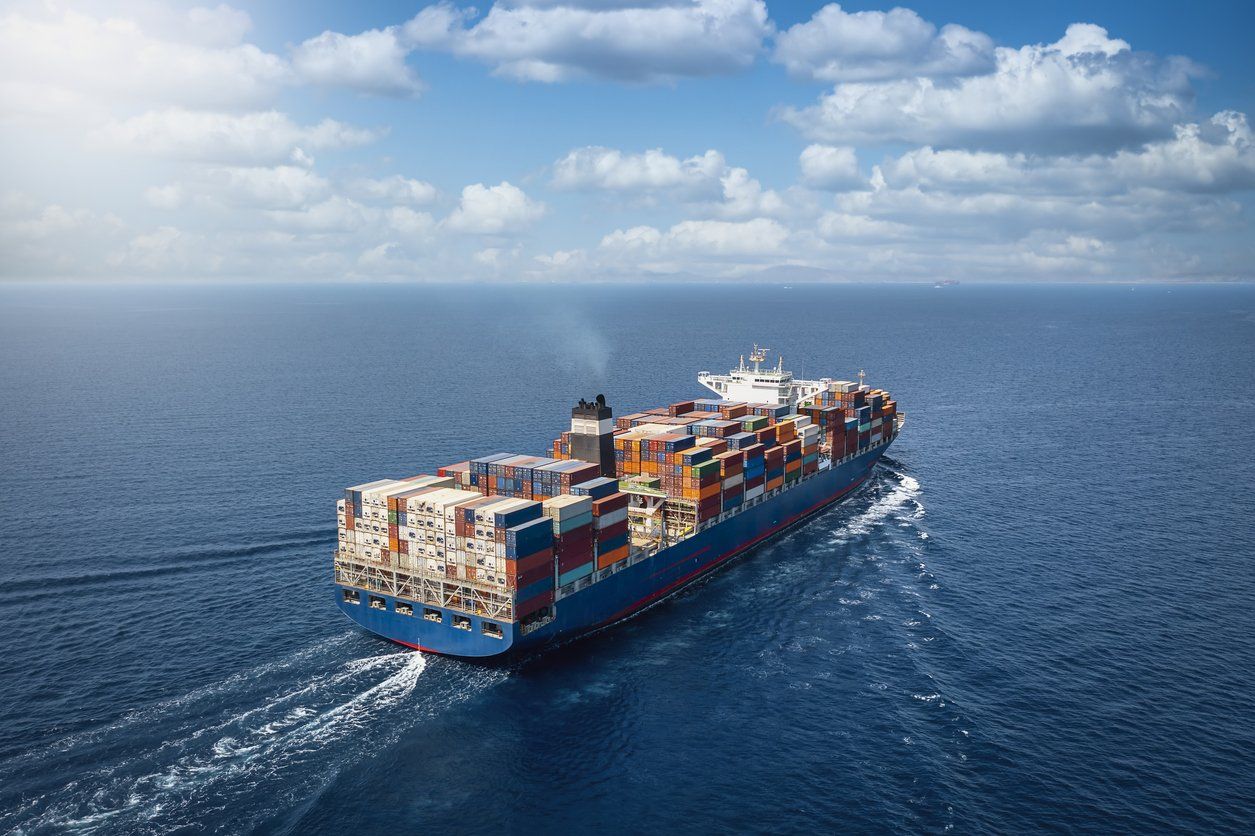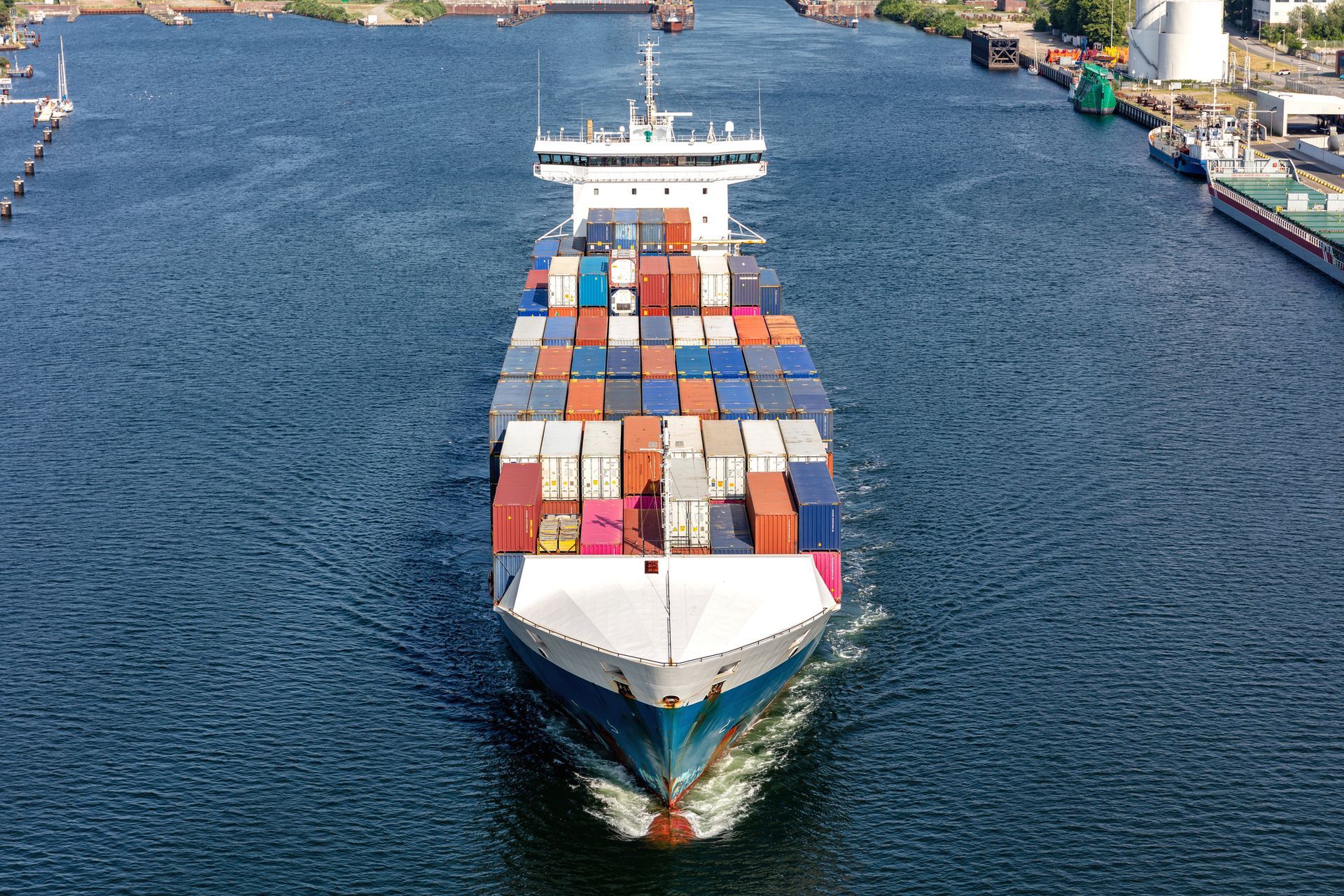
The term "demurrage" refers to a fee charged for the extended stay of containers in maritime transport. This charge occurs when the free time allowed for the use of the container is exceeded, resulting in additional costs for importers and exporters.
The aim of this article is to clarify what demurrage is, how it is calculated, and, most importantly, to present effective strategies to avoid this cost, which can significantly impact the profitability of logistics operations.
What is the Demurrage Fee?
Demurrage refers to the charge for the extended stay applied when a container is not returned within the period agreed upon with the shipping company. This counting begins as soon as the container is unloaded at the destination port.
When the stipulated period for the container’s stay within the free time is exceeded, a daily demurrage cost is charged. This fee is calculated daily and represents the additional cost for each extra day the container remains with the importer until the empty container is effectively returned to the shipping company’s designated depot.
It is essential to understand that demurrage not only represents a traditional practice in shipping but is also routinely incorporated into transport contracts.
Thus, it becomes crucial for the parties involved in the logistics process to understand and efficiently manage this fee in order to avoid undesirable financial impacts, as demurrage is an unexpected cost at the end of the process.
How Does Demurrage Work?
The demurrage charge starts from the moment the free time expires. Free time is the period agreed upon between the shipper's agent and the client, during which the use of the container does not incur additional costs.
This period can vary depending on the negotiation, but in recent times, the average has been from 5 to 14 days, with the possibility of negotiating for longer terms.
When the free time ends, the demurrage count begins, and the cost accumulates until the container is returned to the shipping company at the agreed location. The amounts are calculated in foreign currency, usually in dollars, and the charge can be tiered, increasing as the number of delayed days rises.
Main Causes of Demurrage Charges
Demurrage is applied in various situations of delays in the logistics process. The most common causes include:
- Delay in Customs Clearance: Problems with the release of cargo by customs, whether due to errors in documentation or by being placed in inspection channels, can delay the retrieval of the container.
- Congestion at Ports: During peak demand periods, such as holidays (e.g., Christmas or Chinese New Year), congestion at the arrival port can delay logistics operations and result in demurrage charges.
- Failure in Logistics Planning: The lack of efficient planning for transporting the container and cargo, including the absence of land transport or scheduling issues for cargo pickup, is one of the main causes of extended stays.
- Delays in Document Release: The regularization of documents, such as the Import Declaration (DI) or the newer Duimp, can take longer than expected, especially when there are issues with licenses, authorizations, and tax payments.
Difference Between Demurrage and Detention
Demurrage is a daily cost related to the import container charged when you exceed the agreed time from the unloading of the container until its effective return to the shipping company's depot.
Detention, on the other hand, is the daily export fine incurred when the free time is exceeded until the full container enters the customs terminal.
Therefore, it is crucial to be very careful and precise in monitoring and controlling dates to avoid exceeding the free time.
For example, if there is a grant of 5 days for returning the full container after pickup, but the container is returned full in 8 days, this implies the use of 3 extra days, resulting in the application of the detention fee for that excess period.
To avoid undue demurrage charges, it is essential that the importer requests the carrier the document for returning the container (exchange/draft).
[Online Calculator] How to Calculate the Demurrage Fee and When Is This Fee Applied?
As noted, demurrage comes into play when the consignee does not return the empty container within the period agreed upon with the shipping company. In these cases, there is a count of a single period, starting when the container arrives at the unloading port and ending when it is returned empty to the shipping company’s designated depot.
The process to calculate the demurrage fee is simple: just multiply the period of the extended stay by the amount stipulated in the contract and in the term of responsibility.
This attention to contractual details is essential to avoid surprises and ensure efficiency in the logistics process. Use the
calculator below to calculate the demurrage fee:
Demurrage Calculator
How to Avoid Demurrage?
Avoiding demurrage payment requires a well-planned strategy. From the hiring of international freight to the unfolding of the operation, negotiation plays a crucial role in ensuring more favorable conditions.
Seeking to obtain the maximum free time is fundamental to prevent setbacks that could result in the payment of fines.
Additionally, clarity in the contract is essential. Ensure that all terms related to demurrage, such as amount, total deadline, counting method, among others, are explicitly defined by the end of the process.
This provides a solid foundation to avoid unpleasant surprises and ensure mutual understanding among the parties involved. Finally, the most effective approach to avoid payment of the fine is to maintain precise control.
In this regard, it is imperative to make use of available technology. Technological tools can facilitate tracking, monitoring, and efficient management of deadlines, minimizing the risk of exceeding the stipulated period and, consequently, avoiding unnecessary charges.
Practical Strategies for Logistics Operators
As we have seen, avoiding demurrage requires the hiring of international freight for all phases of transport, obtaining maximum free time, clarity in contracts, and the use of technology. However, some other practical strategies may be useful for logistics operators:
- Efficient Logistics Planning: A good supply chain plan, considering potential operational bottlenecks, is crucial to avoid extra costs. This includes efficient coordination among carriers, customs brokers, and cargo terminals.
- Use of Dry Ports (EADI): A common strategy to avoid demurrage is moving the container to a dry port (EADI). This allows the cargo to be unloaded outside the seaport, releasing the container more quickly and avoiding payment of the fee.
- Constant Monitoring and Communication: Maintaining clear and constant communication with all parties involved in the logistics process, such as carriers, freight agents, and customs brokers, helps identify and solve potential problems before they cause delays.
- Automation of Document Processes: Using management systems to automate the issuance and control of important documents, such as the Import Declaration, can reduce time spent on bureaucracy and avoid demurrage charges.
- Training Teams: Ensuring that teams responsible for cargo movement are well trained can prevent operational errors that result in delays. This includes everything from container handling to land transport coordination.
Demurrage: The Secret Is Planning
Demurrage is a fee that can significantly impact logistics operations, especially in the context of international trade.
However, with efficient planning, adequate negotiation of deadlines, and the use of smart strategies, such as utilizing dry ports and automating document processes, it is possible to minimize or completely avoid these costs.
Maintaining strict control of deadlines and adopting effective management practices are essential for optimizing international logistics and protecting business profitability.
Continue a navegar no blog da Allink

Mantenha-se informado sobre o comércio exterior
Assine nossa newsletter e receba atualizações semanais de forma gratuita sobre o mundo da logística.




